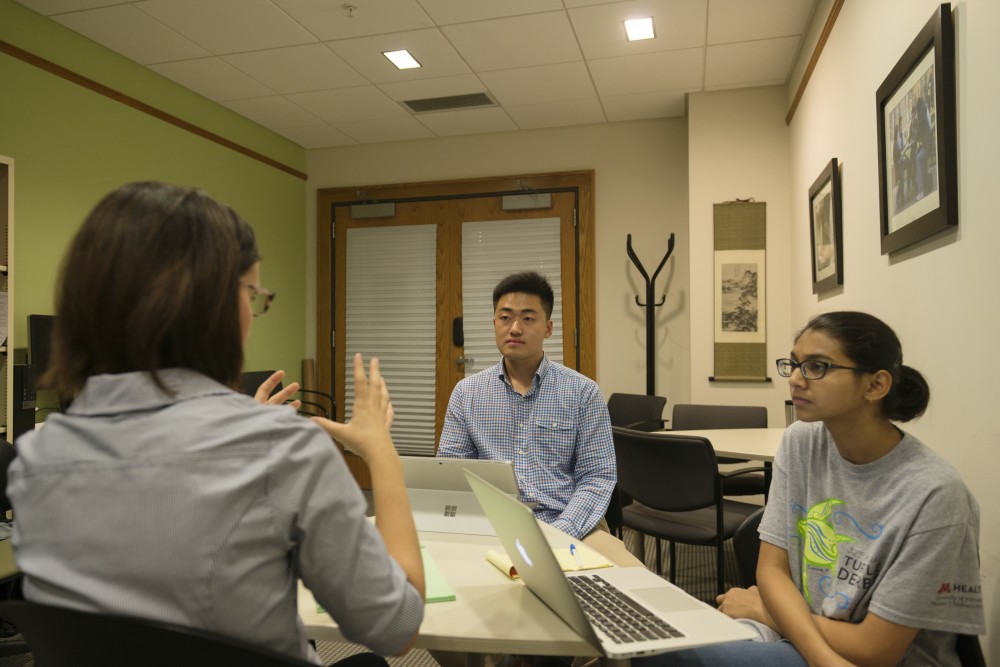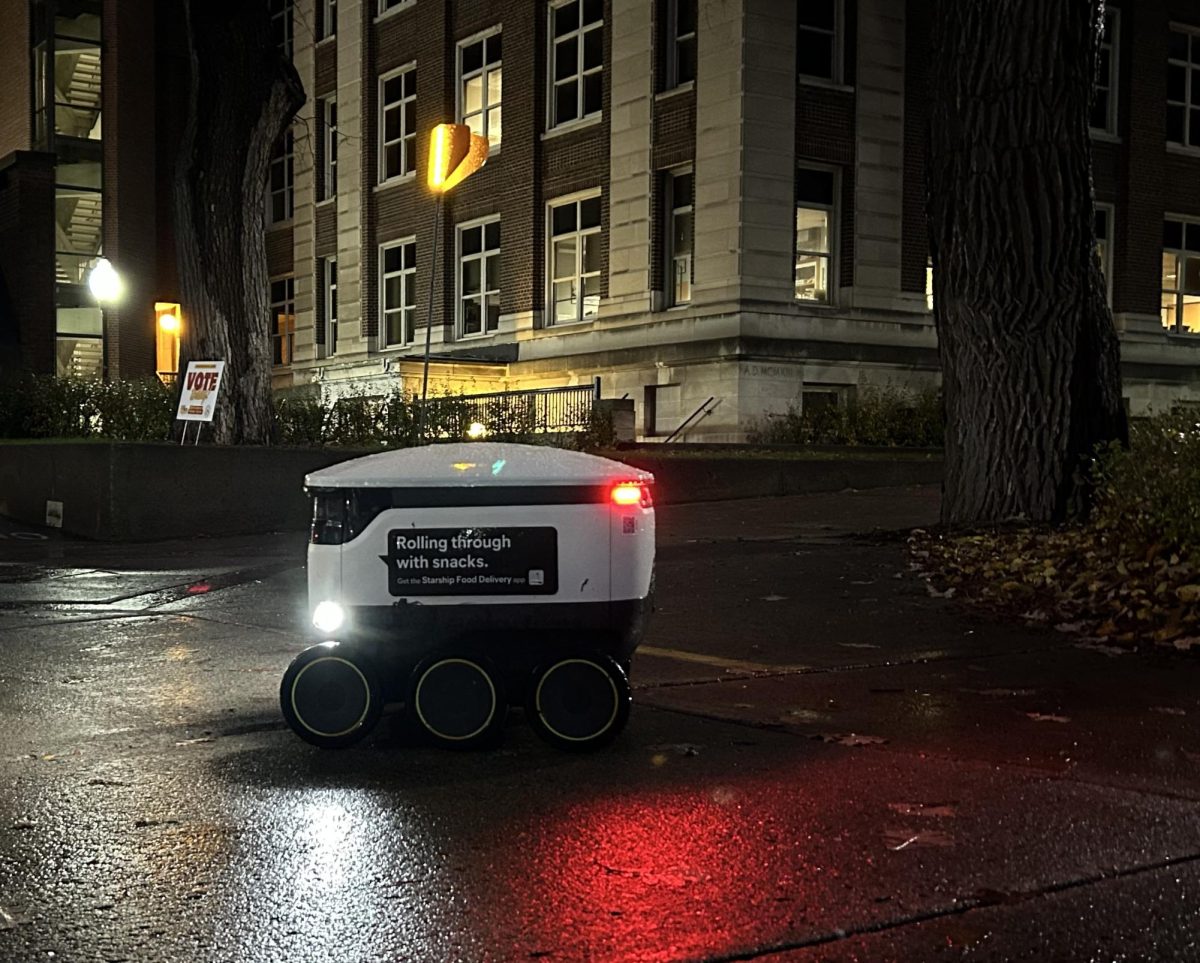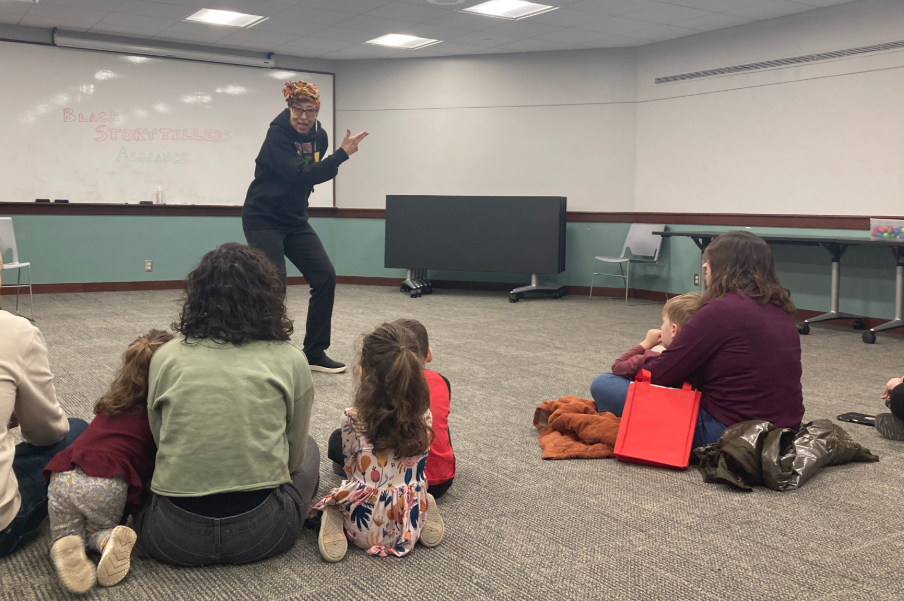As international students begin to adjust to life at the University of Minnesota this week, student groups and University programs are offering a helping hand.
On Sunday, international students new to the University gathered outside the Stadium Village Church to play games, get to know other students and practice their English skills.
“One of our goals is to allow international students to feel comfortable and have a space to practice conversational English and build confidence,” said Christine Kao, president of the English Club, which hosted the event.
Along with other clubs and programs, the English Club is trying to bring together international and American students at the University.
“It’s going to be really hard for me for a couple of weeks. … For me to start speaking English quicker and also try to interpret all in my head faster,” said Nisanart Sirikulpisut, a new exchange student from Thailand who attended the event.
Sirikulpisut said breaking the barrier and speaking to native English speakers is what worries her most. She hopes to be able to make friends in her classes.
Several international students said that joining student groups helped ease their transition to the University.
Kenho Yakushiji, a Japanese transfer student studying journalism and mass communication, said he had a hard time making friends after arriving at the University in January.
“I definitely felt more welcomed,” Yakushiji said of joining the Minnesota International Student Association, another campus group recruiting and supporting international students. “I’m really close to everyone right now. … We are already like a family.”
The University is also helping students adjust to school.
Student English Language Support saw a 12 percent increase in international students seeking help with communication and language skills during the 2017-2018 academic year, according to David Atterberry, an academic coordinator for SELS.
Following success with other courses for non-native English speakers, the Minnesota English Language Program is launching a new half-semester course this fall to help international students studying chemistry.
“The course helps international students learn to write effective lab reports and to interact in group discussions so that they feel more confident to contribute when they are doing labs in class,” said Bethany Peters, an English as a Second Language faculty and staff liaison.
MELP is currently helping students transition by providing an environment to learn and practice important communication and writing skills, Peters said.
After his success transitioning to the University, Hao Cheng, an outreach coordinator for MELP and Chinese international student, is helping new students find resources available to them.
“MELP helps you communicate with people, learn how to network with people and be more sociable,” Cheng said via translation.








